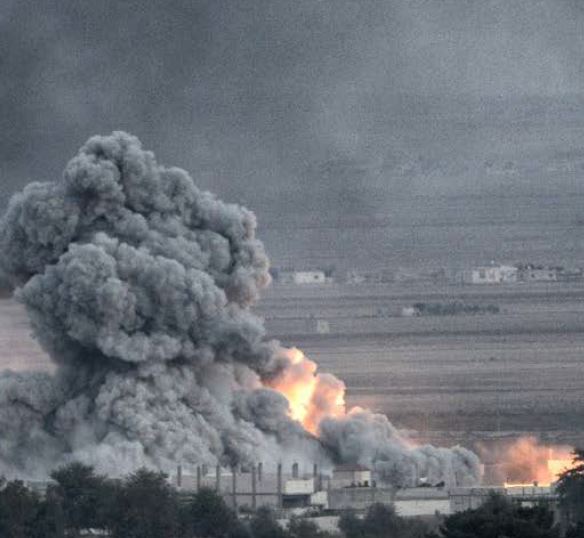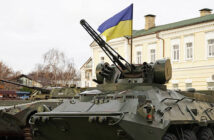
 Contributed by Insightful Futures security analysts. Insightful Futures is a Perth-based futures and foresight consultancy dealing with global, strategic matters that affect governments, citizens and big business.
Contributed by Insightful Futures security analysts. Insightful Futures is a Perth-based futures and foresight consultancy dealing with global, strategic matters that affect governments, citizens and big business.
Regional and international self-interests only make the matter worse
Over the last five years, the world has been drawn into one of the most disturbing and brutal international conflicts.
We’ve witnessed Western reporters being beheaded on YouTube, entire cities overthrown by rampaging militants, lone wolf attacks erupting in every corner of the globe, all the while coupled with a sophisticated online propaganda machine radicalising and recruiting people of all ages and all backgrounds.
In the first of a two part series of analysis, this report will help explain how Iraq and Syria got into this mess; analysing the regional and international players and the role and influence they have played in shaping the conflicts. It will also speculate what role these local, regional and international players will have on Iraq and Syria over the next twelve months.
Regional trends: Turkey backflips, Israel constrains, Lebanon fragments and Iran escalates
One of the most glaring changes over the past five years is Turkey’s escalating role in the conflicts – and it doesn’t look like backtracking.
Despite its nuanced approach over the last five years, Turkey is now likely to become increasingly involved in the conflicts in Syria and Iraq.
But Ankara’s focus will not be on countering Daesh. Instead, Turkey is likely to prioritise its focus on containing Kurdish ambitions – both domestic and over the border – as well as countering Russian support for Syrian President Bashar al Asad.
Ankara will support opposition elements to achieve these aims, including turning a blind eye to the movements of foreign fighters across its border with Syria. This policy will directly challenge Iranian and Russian objectives in Syria, increasing political tensions without escalating into direct state-on-state conflict.
Ankara’s position in Iraq will be a little more complicated.
Turkey will seek to contain Daesh and protect the local Turkmen population, but will not want to embolden the Kurdish population on its doorstep – even though some Kurds are actually helping to counter Daesh’s movements in Iraq.
Similarly, Ankara will not want to commit to a large military force in Iraq that provokes Daesh enough to retaliate inside Turkey.
Either way, Turkey will almost certainly continue to conduct strikes against Kurdish targets along its southern border – despite the risk of these actions increasing domestic terrorist attacks. With a conservative government determined to respond forcibly against domestic foes – Ankara will see sinister real or perceived Kurdish plots behind every attack against Turkey’s national interests.
In short, Turkey’s military involvement in the conflicts is only getting started…Click HERE to find out more about this article





